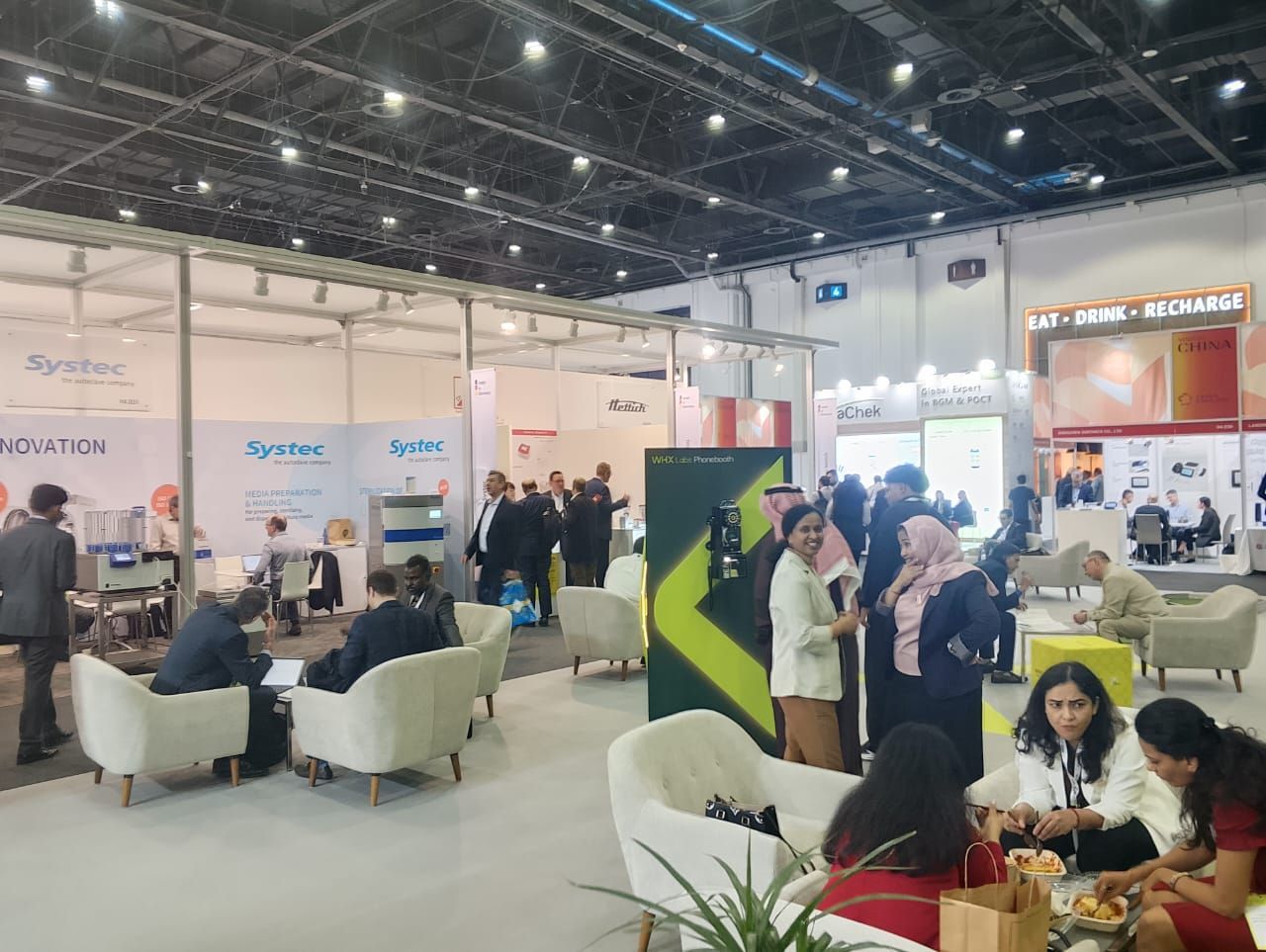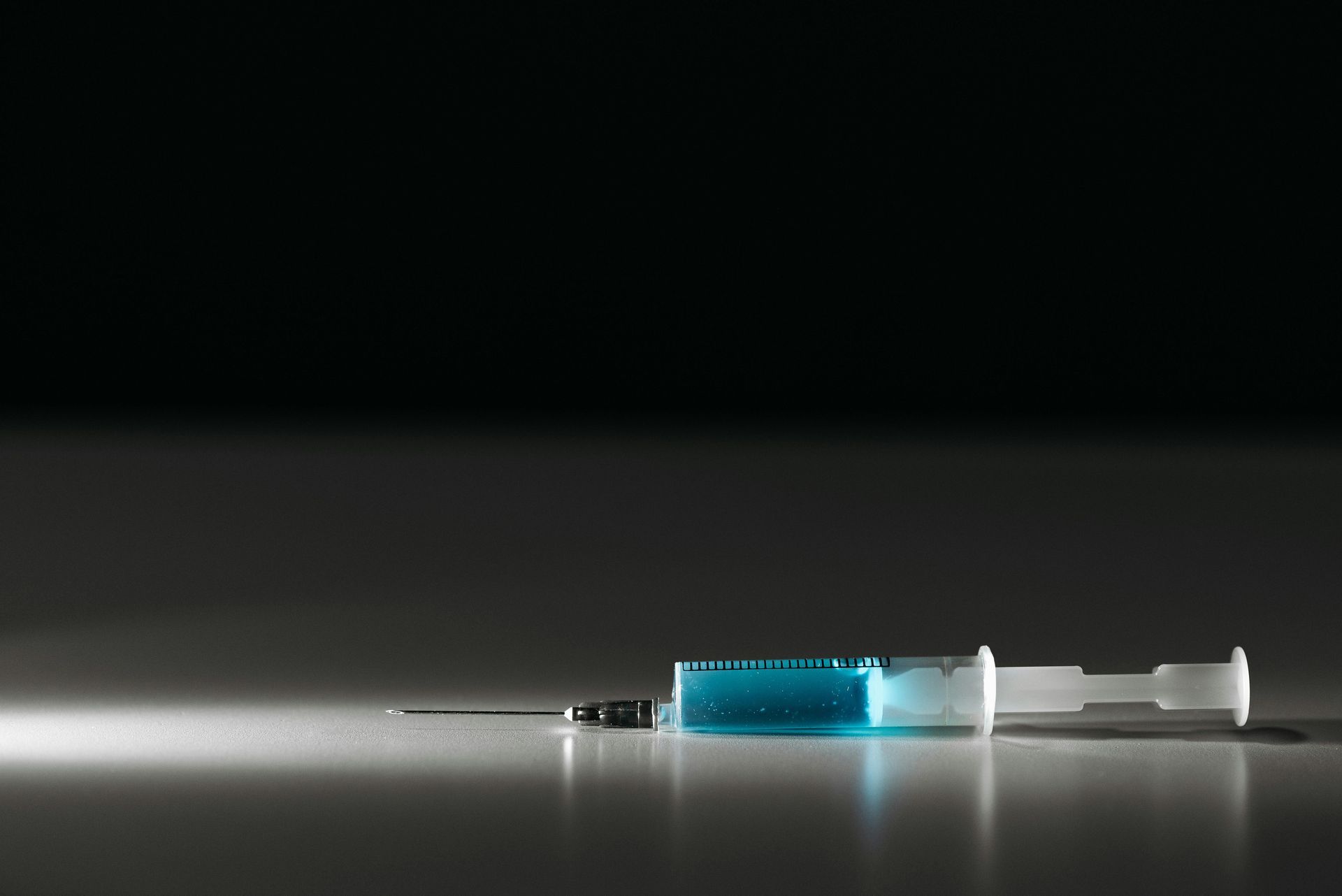October 1: Let Us Begin with Health Consciousness
As the calendar turns to October, we embark on a fresh quarter with renewed hope, ambition and collective purpose. On this first day of October, it is timely to remind ourselves that health must remain central to all our plans — at the personal level, community level, and national level. In Ghana, the medical supply chain is a critical pillar upon which good outcomes in health rest. Reliable access to quality medical devices, diagnostics, consumables and pharmaceuticals can make the difference between prevention and crisis, between prompt care and avoidable suffering.
In recent years, stakeholders in Ghana’s health sector have faced many challenges: stockouts, delays in delivery, logistics bottlenecks, regulatory shifts, supply-chain disruptions, and quality assurance concerns. A well-functioning medical distribution system acts as the bridge that links global innovation and production with local clinical need. It ensures that hospitals, clinics, pharmacies and health facilities across cities and rural areas receive timely, safe and appropriate supplies.
This new month, we call on all actors — healthcare professionals, regulators, facility managers, policymakers and citizens — to renew commitment to:
- Strengthen supply chain resilience
Buffer stocks, regional warehousing, robust forecasting and real-time monitoring systems are essential. When data drives procurement and inventory decisions, wastage is reduced, stockouts minimized, and resources optimally used. - Enforce quality and compliance standards
It is not enough that medical supplies arrive — they must meet regulatory and safety standards. Post-market surveillance, batch traceability protocols, cold chain integrity (for temperature-sensitive products), and supplier audits must be non-negotiable. - Improve equitable access
The most remote districts, underserved communities, and smaller clinics must not be left behind. Inclusive distribution practices ensure that even the rural health post or outreach clinic can benefit from the same standards of care as urban hospitals. - Foster public awareness and rational usage
High rates of self-medication or informal procurement of medicines persist in Ghana. (Studies estimate that more than half of Ghanaians have engaged in self-medication at some point.) PMC Educating the public about the dangers of substandard products, counterfeit medicines, and improper use is vital. - Promote collaboration across the value chain
Manufacturers, international suppliers, regulatory authorities, procurement agencies and local distributors must work in harmony. Partnerships, data sharing and alignment of strategies will expedite timelines, reduce redundancies, and improve accountability.
As October begins, let every institution review its systems, audit weak points, re-energize logistics, and reaffirm its commitment to quality healthcare delivery. A month of health consciousness must go beyond rhetoric — it must translate into measurable impact: fewer stockouts, safer medicines, stronger logistics, better health outcomes.
Join us in this movement toward strengthened medical supply and health consciousness. Reach out today to explore partnerships, request product information, or discuss supply chain solutions.
Together, let us build a healthier Ghana.










